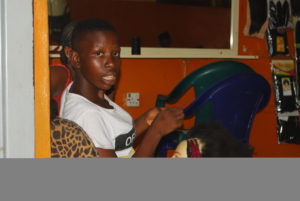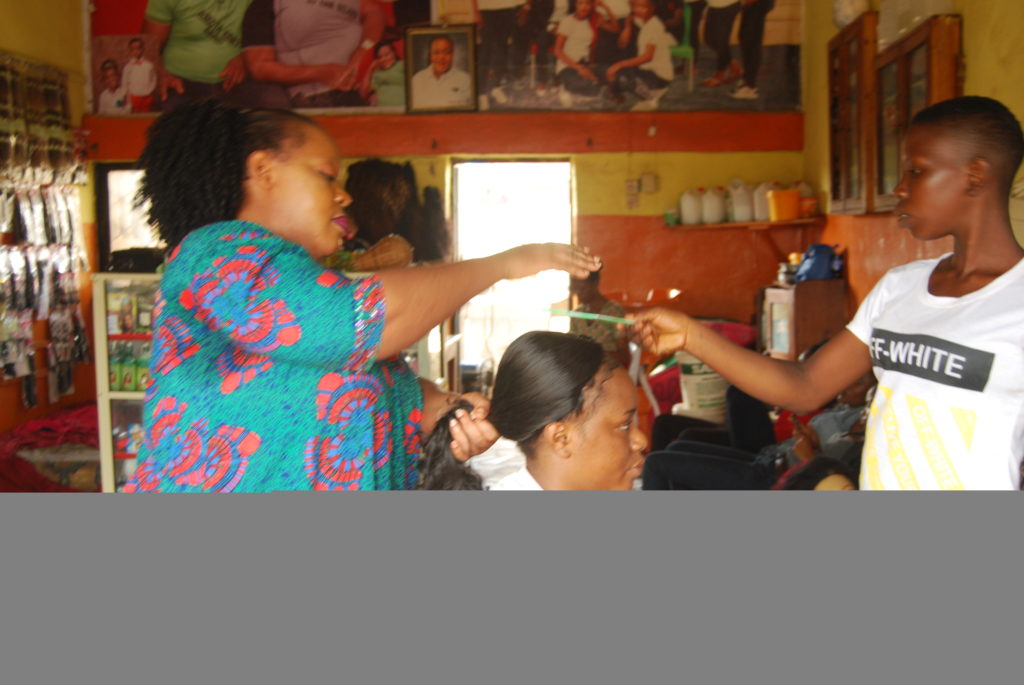
Across every sphere, COVID-19 is impacting people of all ages. Young people are some of the most affected by the pandemic has it as upended their education, economic and social life. UNESCO has estimated that out of the total population globally, 89% are currently out of school because of covid-19 closures. This, according to the report, represents 1.5 billion children and youths enrolled in secondary and tertiary institutions, including nearly 743 million girls. Over 111 millions of these girls are living in the world least developed countries where getting an education is already a struggle. This indicates a rise in drop-outs since 743 million girls are affected disproportionately resulting in increased risk of sexual exploitation, abuse and forced marriages.
The school system in many developed countries is democratized and technologized meaning outside the classroom, learning can continue and that has been the case. By comparison, the situation in Nigeria is not the same – with teachers as the sole repository of knowledge and poor connectivity – therefore education is at a standstill, especially in the rural areas because of lack of technological capacity.
Beyond classroom learning, the pandemic is increasing the peril young girls encounter in their survival and livelihoods and many of them will likely face challenges. The majorly of the young girls come from poor and marginalized families, often having to resort in engaging in illicit sex and illegal jobs that could jeopardize their future. The lockdown-imposed response has cut off the young girls from engaging in meaningful services and livelihood options which can result into diseases, unwanted pregnancies and deaths which are secondary resultant effect of covid19.


